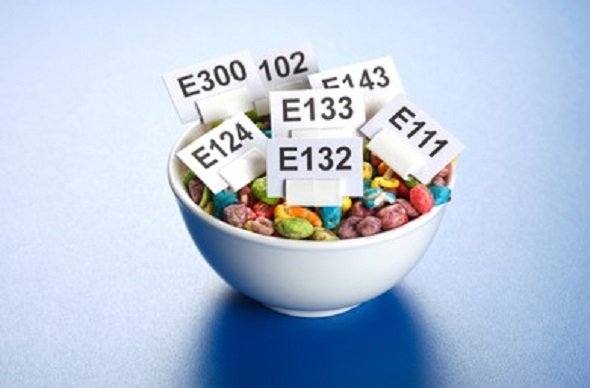Inside BENEO’s new pulse plant: pioneering sustainable protein from faba beans
Titanium dioxide E 171 contains at most 50 per cent of particles in the nano range to which consumers may be exposed.
European Food Safety Authority (EFSA) has recently updated its safety assessment of the food additive titanium dioxide (E 171), following a request by the European Commission in March 2020.
Titanium dioxide is used a food colour (E171) and, as with all food colours, its technological function is to make food more visually appealing, to give colour to food that would otherwise be colourless, or to restore the original appearance of food. Titanium dioxide is also present in cosmetics, paints, and medicines.
Prof Maged Younes, Chair of EFSA’s expert Panel on Food Additives and Flavourings (FAF), said: “Taking into account all available scientific studies and data, the Panel concluded that titanium dioxide can no longer be considered safe as a food additive. A critical element in reaching this conclusion is that we could not exclude genotoxicity concerns after the consumption of titanium dioxide particles. After oral ingestion, the absorption of titanium dioxide particles is low, however, they can accumulate in the body”.
The assessment was conducted following a rigorous methodology and taking into consideration many thousands of studies that have become available since EFSA’s previous assessment in 2016, including new scientific evidence and data on nanoparticles.
Experts applied for the first time the 2018 EFSA Scientific Committee Guidance on Nanotechnology to the safety assessment of food additives. Titanium dioxide E 171 contains at most 50 per cent of particles in the nano range (i.e. less than 100 nanometres) to which consumers may be exposed.
In 2019, EFSA published a statement on the review of the risk related to the exposure to food additive titanium dioxide (E171) performed by the French Agency for Food, Environment and Occupational Health Safety (ANSES). In its statement, EFSA highlighted that the ANSES opinion reiterated the uncertainties and data gaps previously identified by EFSA and did not present findings that invalidated the Authority’s previous conclusions on the safety of titanium dioxide.

